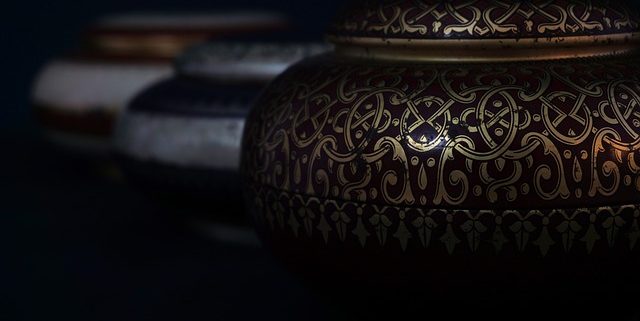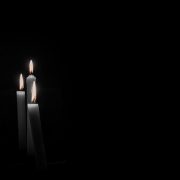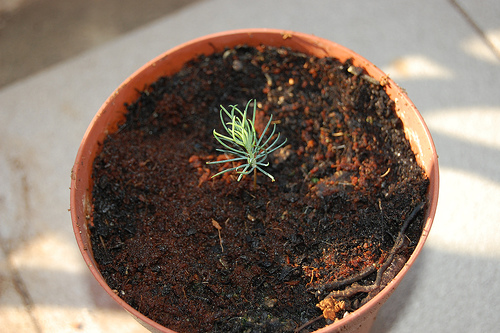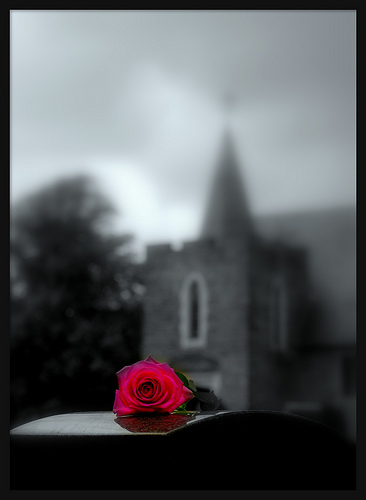Cremation: A Personal Option
Cremation has been a practice in many ancient cultures throughout the world. In China they have cremation services as part of their burial custom and in the west, it is known that Vikings did elaborate burials where they would send off an important leader from their community to the sea by loading his or her body on a boat together with all this deceased’s prized possessions and be sent off to the sea where it would be then shot by flaming arrows. It was only in the advent of Christianity in the west when cremation became a sort of taboo.
However, today, more and more Americans are preferring to have their dead be cremated due to various reasons, one of which is mainly because its a more preferable economic option compared to having a full burial ceremony which might cost higher. Other than that, the increasing number of cremation companies keep the prices competitive sending people to opt for these low-cost cremation services. According to the Cremation Association of North America (CANA), it is projected that a full 50% of the dead in North America will be cremated by the end of 2019.
There are three main factors as to why the cremation trend is on the rise and these are:
Cost:
With this economy and the rising prices of land, it’s never a bad decision to be practical in your finances. Oftentimes, a funeral is what is considered an unexpected expenditure. Even if you have life insurance, there will still be some unforeseen costs that will hurdle your way when it comes to preparing your dead. According to The International Cemetery and Funeral Association, a traditional burial funeral service costs an average of $6,500. Some cemeteries even require a vault or a grave liner which can cost up to a thousand dollars on top of the six and a half thousand. If you compare this to a basic cremation which costs only $500 to $1100 then you’re up for a nice bargain. Needless to say, you can save a huge amount of money by cremation.
Religion:
Many social commentators nowadays are saying that we live in a “post-religious world”. A Gallup Poll in 2017 reveals that almost 21 percent of Americans claim that they are without a religious affiliation. The trend of people declaring themselves as non-religious or atheists and in some cases agnostic has been on the steady rise since 1990 and it does not show any signs of slowing down. And with his rising number of people leaving religion also comes with a rising number of people who do not consider cremation a taboo.
People are beginning to be pragmatic and practical about their choices in the disposal of their dead. However, that does not necessarily mean they forgo the ritual that comes along with it. Many people still honor their dead by holding commemoration events in one form or another, whether it may be in a religious or a more secular way. Religion or no, at the end of the day, the event always centers around the deceased loved one.
Customization:
One thing we like as people is for our individualism to stand out, even in death it seems. There’s something about death that we like to associate with ritual, ceremony, and candor. There is an intrinsic need for us to make it as elaborate as possible. All cultures tend to do this. Historically, people bury their dead with their most prized possessions, gold coins, weapons, armor and such for the souls to use in their journey to the Afterlife. Kings and royalty were often buried with their slaves by sacrificing their lives to their lord and have them join their master to the grave. In other words, traditional ground burials have their own style of customization. Today we honor the dead by placing them in elaborate coffins, conducting a service for them, giving eulogies and playing funeral songs.
In cremation, there are ways to commemorate the dead but done in its own unique way. There are ash scattering events where the ashes of the deceased are scattered in a place that meant a lot to that person. Sometimes, ashes can be incorporated into precious gems and diamonds that can be crafted into jewelry so the people who were left by that person can carry a piece of them wherever they go.








